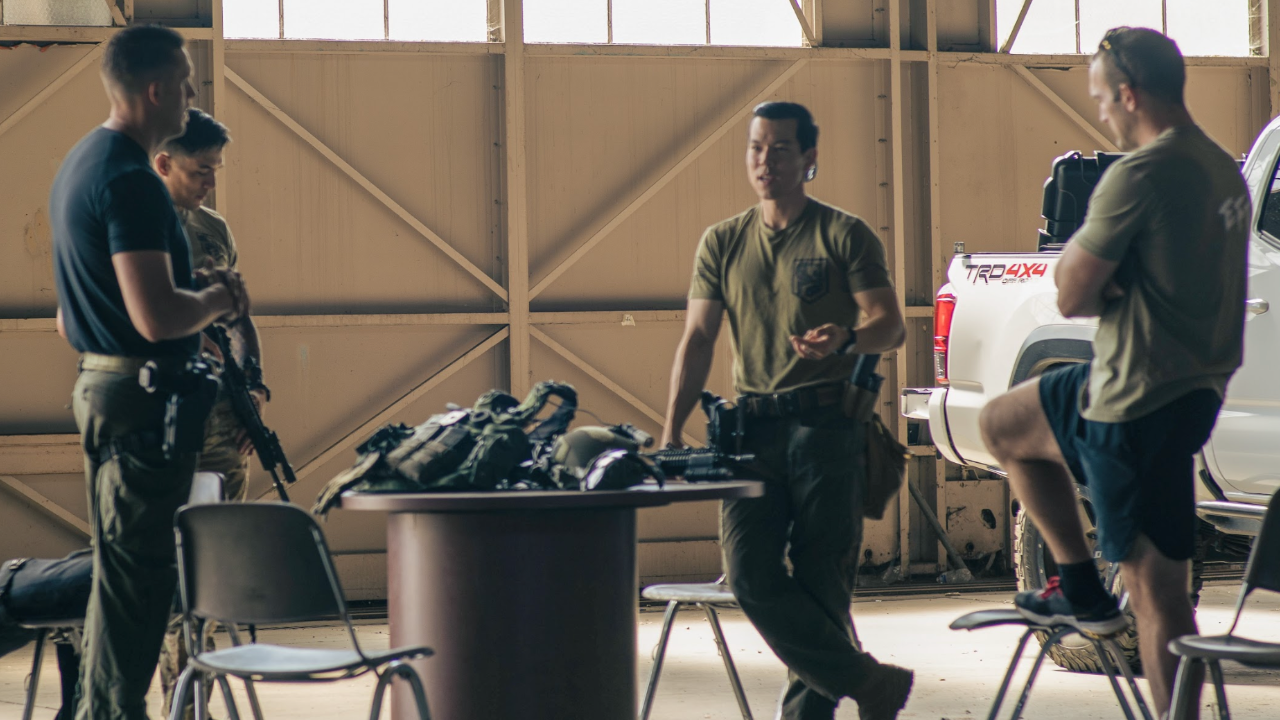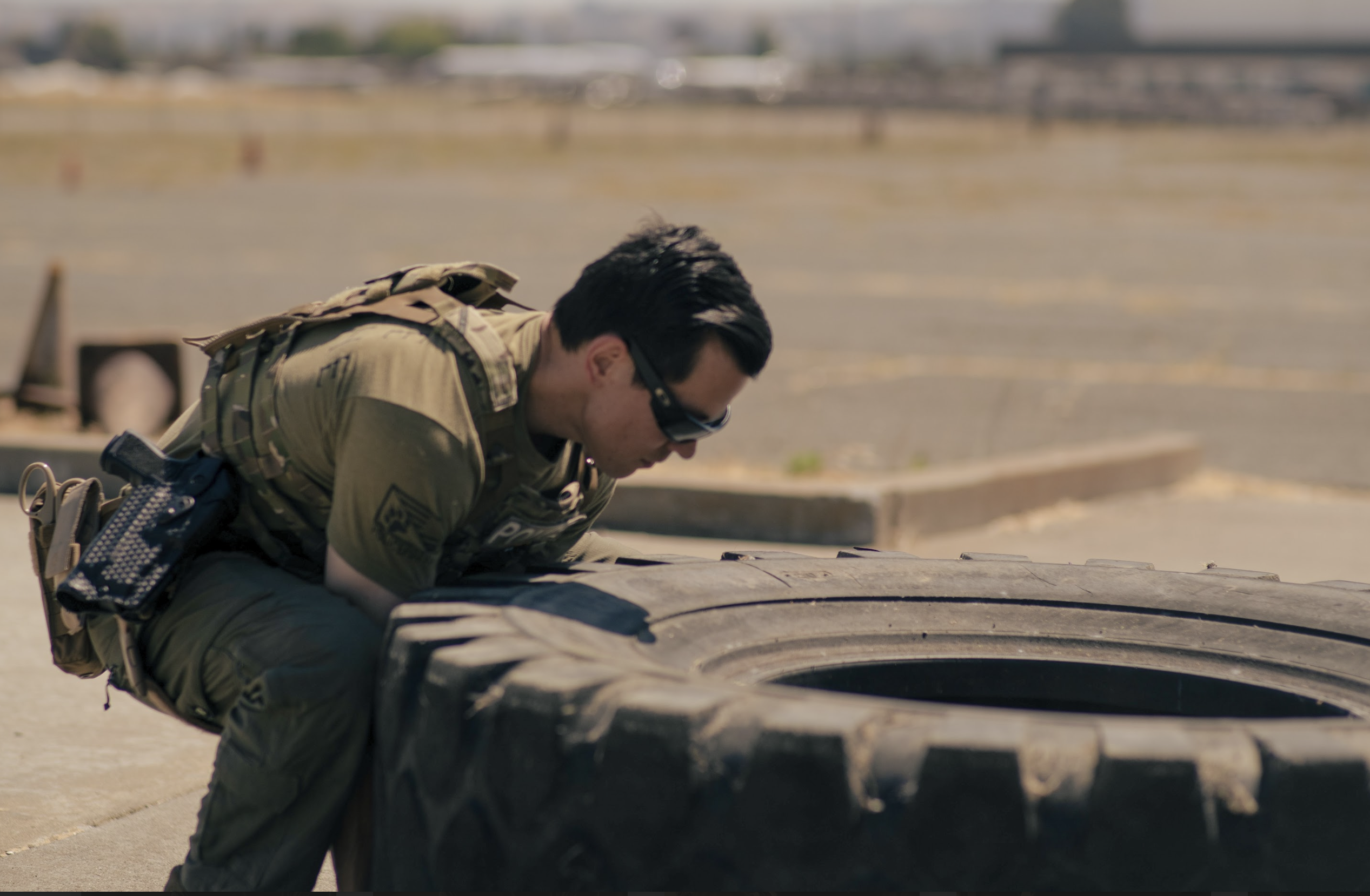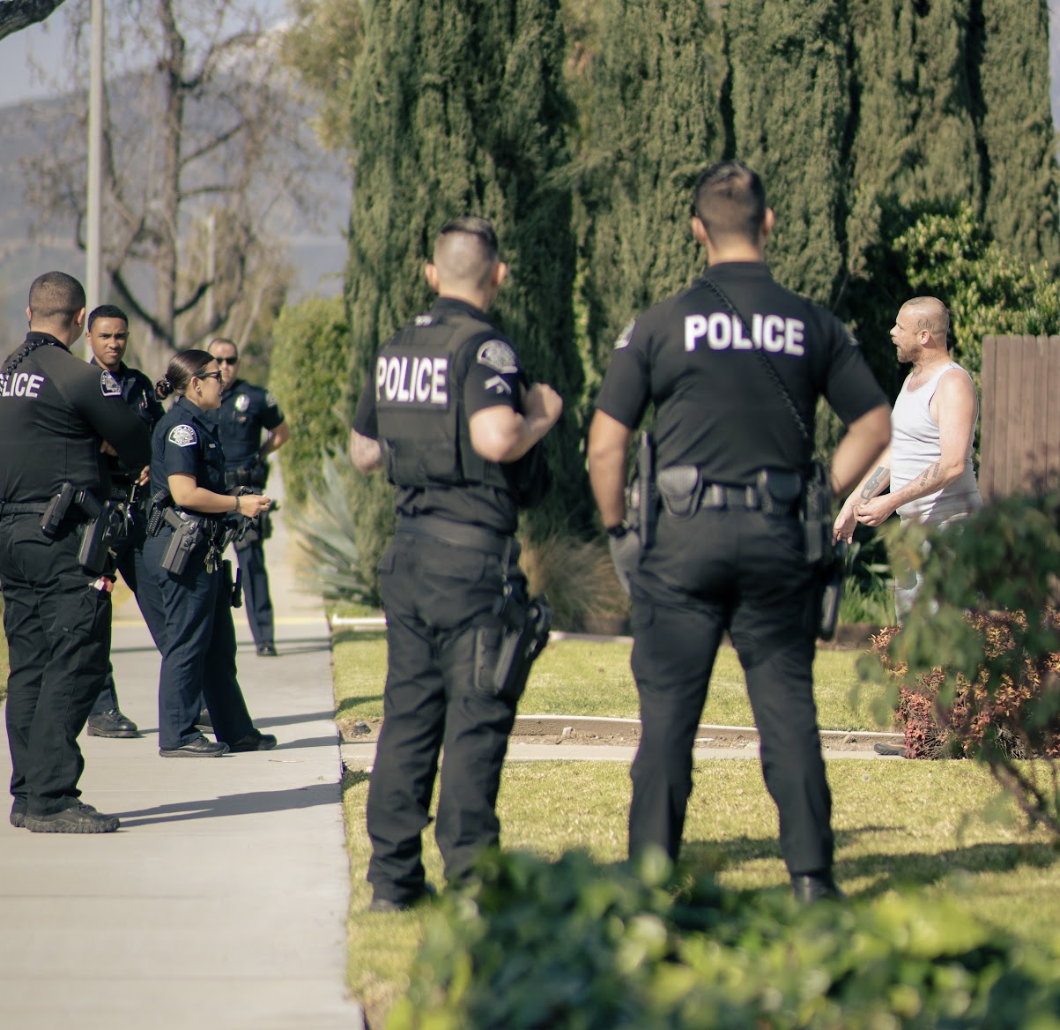6 Pre-Academy Needs for Future LEOs
Jul 16, 2023
Before going to the Police Academy, there are several resources that people need to have in order to succeed in their training.
While some skills and traits can be acquired and learned at the Academy, it is important that you enter this first phase of training with a solid foundation. Fitness in the foundation for survival - and the Academy is a tiny fraction of the consistent training you'll need throughout your career as an LEO.
Our team got together and build this list of the Top 6 Pre-Academy Needs:
PHYSICAL FITNESS
Police work requires a high level of physical fitness, and the academy will likely have rigorous physical training. It's a good idea to begin a fitness routine before starting the academy to prepare your body for the physical demands of the job.
Aside from the entry exam that is typically the Cooper Standard or some variation of it, the PT likely will be grueling. It will very likely be filled with bodyweight training and calisthenics, and plenty of running.
Keep in mind, these are the absolute minimum requirements of fitness as you head into the Academy. The better shape you're in, the better off you'll be. Strength, endurance, stamina, agility, mobility and durability are key.
View this post on Instagram
BASIC KNOWLEDGE OF CRIMINAL LAW
Having a basic understanding of criminal law and the legal system can help you better understand the concepts taught in the academy. You can find many resources online or at your local library to help you learn about criminal law.
Firstly, understanding criminal law provides trainees with a solid foundation for their future roles as LEOs. By familiarizing themselves with the legal principles and statutes that govern criminal behavior, trainees gain a deeper understanding of the rationale behind law enforcement procedures and practices.
Secondly, a basic knowledge of criminal law enables trainees to navigate the complexities of their job more effectively. Policing involves a wide range of responsibilities, including conducting investigations, making arrests, and interacting with the judicial system. With a foundational understanding of criminal law, trainees can interpret and apply laws appropriately, ensuring that their actions align with legal standards. This knowledge also helps them make informed decisions when faced with challenging situations, such as determining probable cause for searches or seizures.
Furthermore, a grasp of criminal law enhances trainees' ability to communicate effectively within the criminal justice system. Police officers frequently interact with prosecutors, defense attorneys, and judges. By possessing a basic understanding of criminal law, trainees can engage in more productive and meaningful discussions with these legal professionals. They can effectively articulate the reasoning behind their actions, understand legal advice or directives, and contribute to the overall efficiency of the criminal justice process.
SOLID COMMUNICATION SKILLS
Effective communication is essential in police work, and the academy will likely focus on developing these skills. Practice your communication skills by talking to people from different backgrounds and cultures, and seek feedback on your communication style.
Effective communication is also a fundamental tool for building trust and establishing rapport with the community. Police officers frequently interact with individuals from diverse backgrounds and cultures. By honing their communication skills beforehand, trainees can develop the ability to engage in meaningful dialogue, actively listen, and adapt their communication style to suit different situations. This enables them to effectively communicate their intentions, address concerns, and de-escalate potentially volatile situations, contributing to positive community relations.
Aside from the community, communication plays a crucial role in teamwork and collaboration within law enforcement agencies. Police officers often work in teams and must effectively coordinate their actions to achieve common goals.
By cultivating strong communication skills prior to the academy, trainees can contribute to cohesive and efficient teamwork. They can clearly articulate their observations, share information effectively, and actively participate in discussions and debriefings. This enhances overall operational effectiveness, promotes information sharing, and ensures that critical details are accurately conveyed to colleagues, resulting in improved situational awareness and safety.

MENTAL RESILIENCE
Police work can be emotionally and mentally challenging, and it's important to have the mental resilience to handle stressful situations. Practice stress-management techniques such as mindfulness, meditation, or deep breathing exercises can be a great place to start.
Developing mental resilience beforehand equips trainees with the ability to cope effectively with stress, adversity, and traumatic experiences they may encounter during their careers. Resilience enables individuals to maintain their focus, make sound decisions under pressure, and bounce back from setbacks, ultimately contributing to their overall well-being and job performance.
Furthermore, mental resilience plays a vital role in promoting officers' mental health and preventing burnout. The police profession can expose individuals to recurring exposure to trauma, violence, and intense situations that can have a cumulative effect on mental well-being. By cultivating mental resilience before entering the police academy, trainees can develop coping mechanisms, self-care strategies, and a support network to help them navigate the emotional challenges they may face. This resilience allows them to better manage stress, maintain a healthy work-life balance, and seek the necessary support when needed, ultimately reducing the risk of burnout and enhancing long-term mental health outcomes.
FINANCIAL STABILITY
Police Academy training can be costly, and it's important to have financial stability before starting the program. Make sure you have a stable source of income and/or a budget plan to cover your expenses while you're in training.
Training often involves a significant time commitment, ranging from several months to over a year, during which trainees may not have the opportunity to work full-time or earn a regular income. Having financial stability allows individuals to focus on their training without the added stress of financial strain, ensuring they can fully dedicate themselves to their studies and practical exercises.

A SUPPORTIVE NETWORK
Having a supportive network of family, friends, and mentors can be invaluable, especially when on an endeavor such as Police Officer training.
A strong support system consisting of family, friends, mentors, and fellow trainees provides a vital source of encouragement, understanding, and guidance. They can offer emotional support, lend a listening ear, and provide valuable advice and perspective during times of difficulty. A supportive network not only helps individuals cope with the pressures of police academy training but also continues to be an essential source of support throughout their law enforcement careers, contributing to their overall well-being, resilience, and success in the field.
Seek out people who can offer you emotional support and encouragement throughout the process. Surround yourself with people who want you to achieve your goals and will help you get there. Surround yourself with likeminded individuals who want to face challenges, grow, and make a change in the world.

